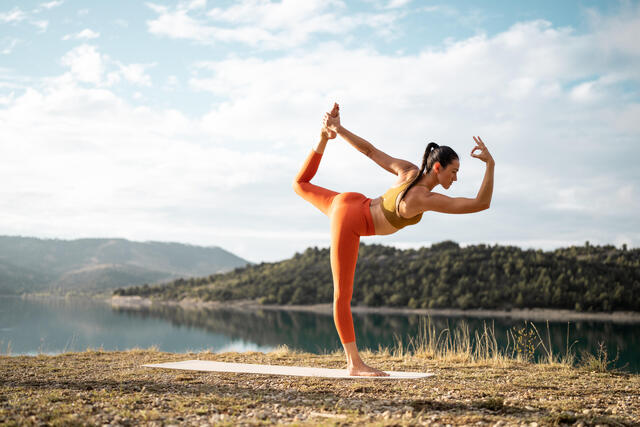Why Wear a Wetsuit When Surfing?
The main reason why surfers wear wetsuits is to stay warm and a surprising amount of time is spent in the water waiting for the perfect wave. And it can get really chilly out there.
A quality wetsuit retains warmth by capturing a thin layer of water between your skin and the suit's neoprene. This design allows your body to warm the trapped water while the neoprene ensures no water exits or enters the suit.
In addition, wetsuits can also protect you from wind and UV rays, which are stronger in the water.





















